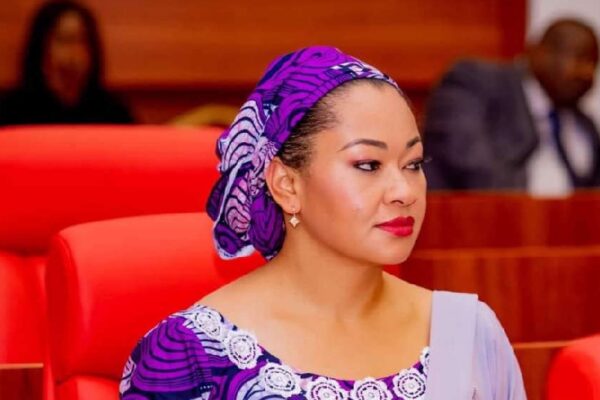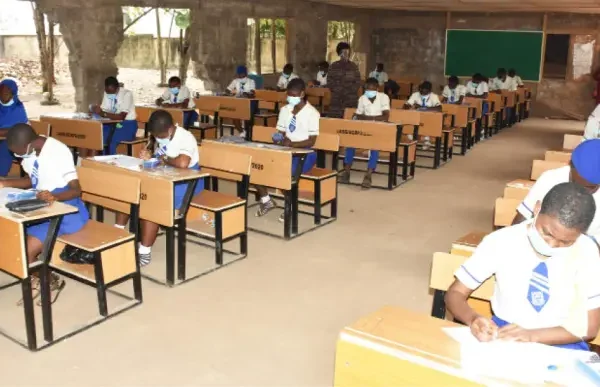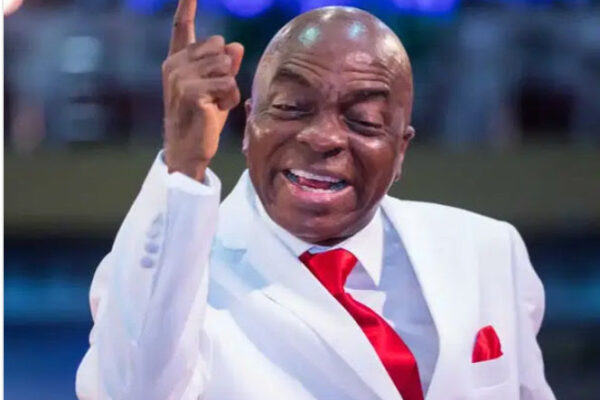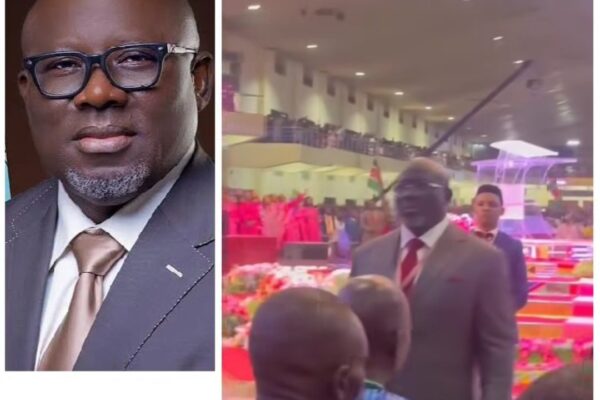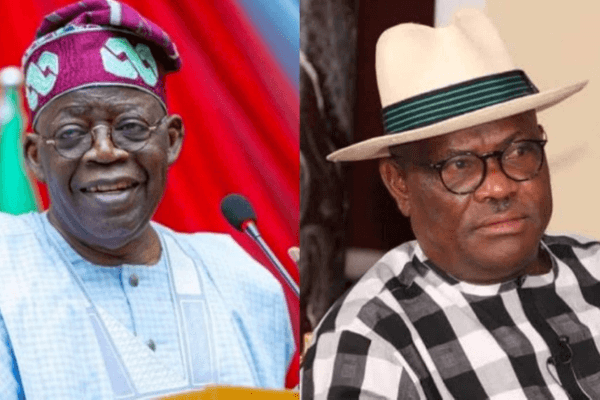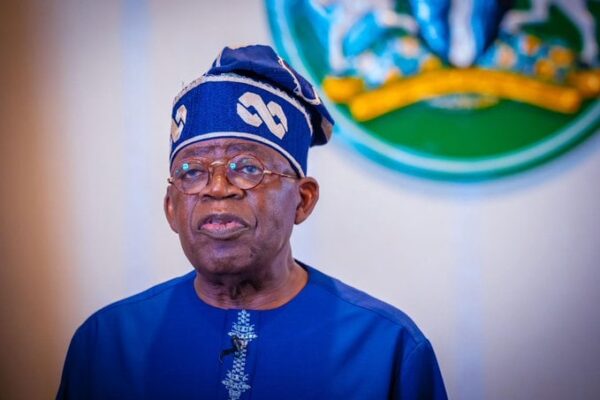
Armed Bandits Attack First ECWA Church in Ayetoro Kiri, Kill One and Abduct Worshippers
Armed bandits launched an attack on the First ECWA Church in Ayetoro Kiri, Kabba/Bunu Local Government Area of Kogi State early Sunday, December 14, 2025, leaving one person dead and several worshippers reportedly kidnapped. The deceased, identified only as Jayjay, was killed during the assault. The total number of abducted worshippers has not yet been confirmed, as security operatives and local authorities continue their assessment. This attack comes amid rising insecurity in Okun land, following a similar incident on November 30, 2025, when armed men raided a Cherubim and Seraphim Church in Ejiba, Yagba West Local Government Area. During that attack, the cleric Orlando and several worshippers were abducted. The assailants initially demanded a ₦500 million ransom, later reducing it to ₦200 million, giving families a two-day deadline and warning of unspecified consequences if the demand was not met. Residents also recalled that Ayetoro Kiri faced an earlier threat about three weeks ago when armed assailants attempted to raid a local school. On that occasion, the community vigilante group successfully repelled the attackers, preventing any casualties or abductions. The latest church attack has intensified fears among locals, who are urging the Kogi State Government and security agencies to step up efforts to protect lives and prevent further incidents.


